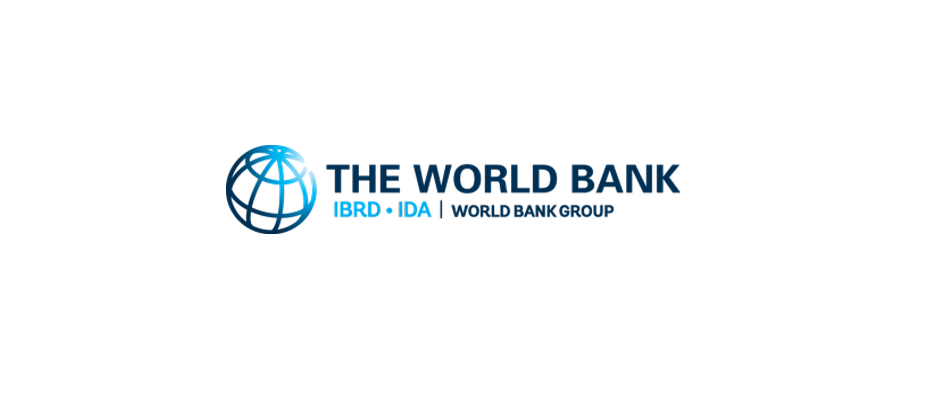
Various fiscal decentralization instruments help improve livelihoods for the poor. The general grant transfers in particular enable the fiscally disadvantaged localities to provide public services at levels comparable to rich jurisdictions. Although previous research abounds with the determinants of intergovernmental transfers in the decentralized context, not many studies focus on whether the actual transfer amounts are consistent with local poverty situations.
This article fills in this empirical gap by comparing the general grant allocation system in Indonesia and Thailand. In the 1990s, the two Southeast Asian nations faced similar social and political pressures to decentralize, but diverged in how fiscal resources are distributed to local governments. This article examines how the two countries’ different fiscal decentralization approaches affect the actual allocated amounts of general grant transfers.
The analysis finds that the allocation method in Indonesia is more equitable and consistent with local poverty situations. The local governments in Indonesia with more impoverished population and less per capita income receive more general grants per capita than the affluent areas. On the contrary, richer jurisdictions in Thailand are given more per capita transfers than the more economically disadvantaged communities. Policy implications from this analysis are discussed for future research and the next step of decentralization in Thailand.
Download the article here
Sudhipongpracha, Tatchalerm (2016). “Do the Poor Count in Fiscal Decentralization Policy? A comparative analysis of the general grant allocation systems in Indonesia and Thailand.” Journal of Asian Public Policy. Published online: June 09, 2016.



